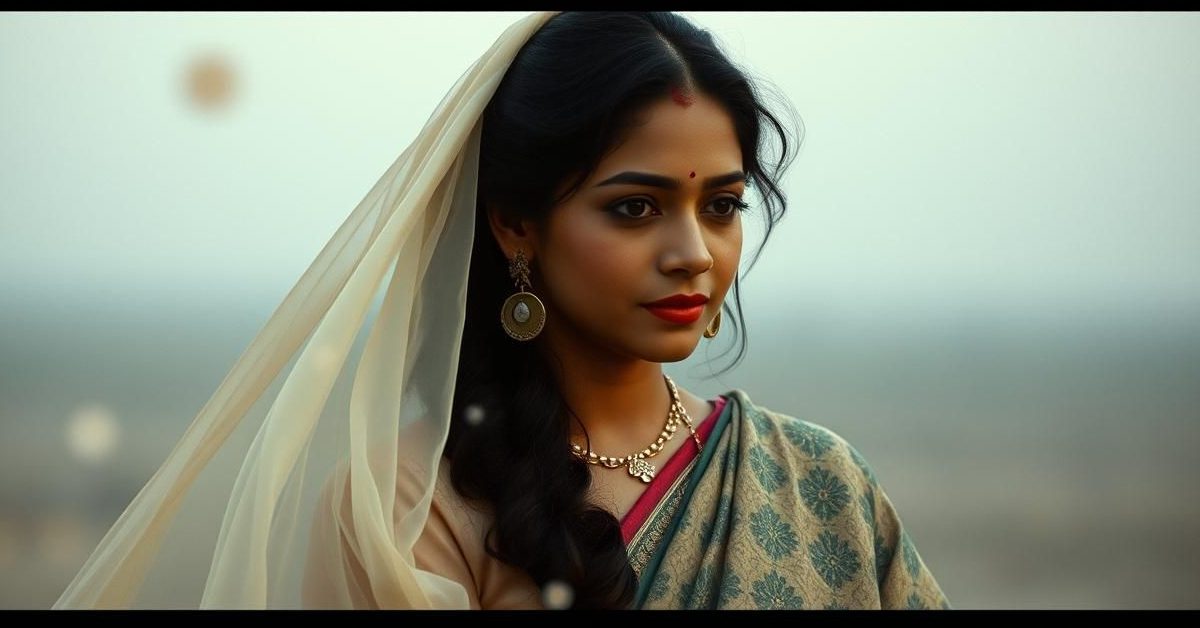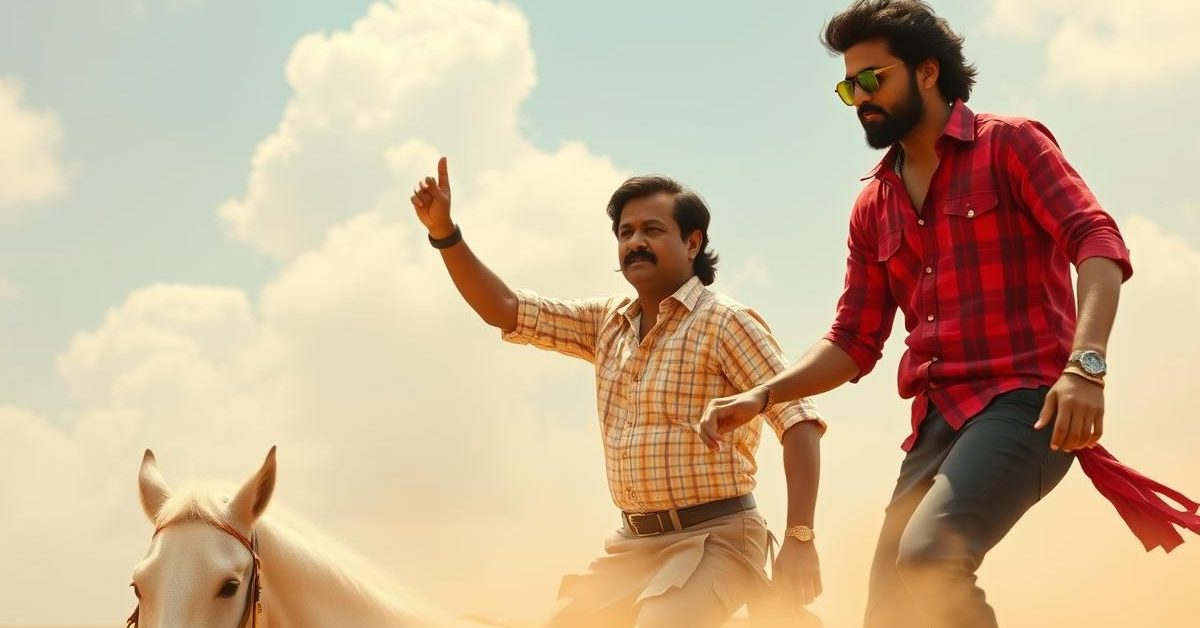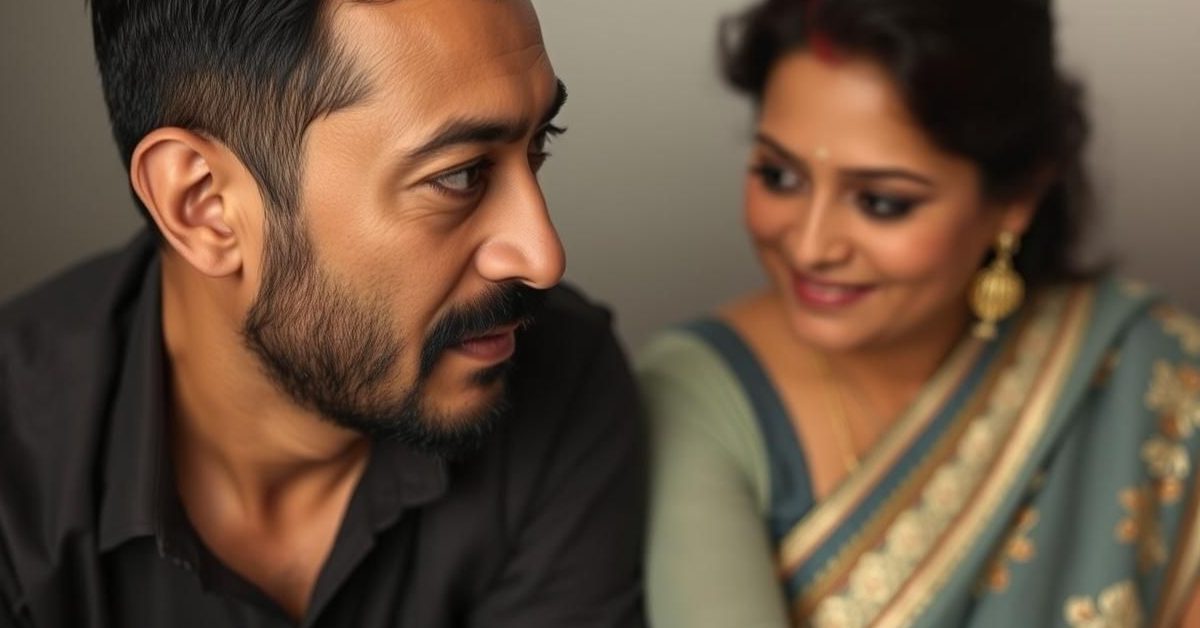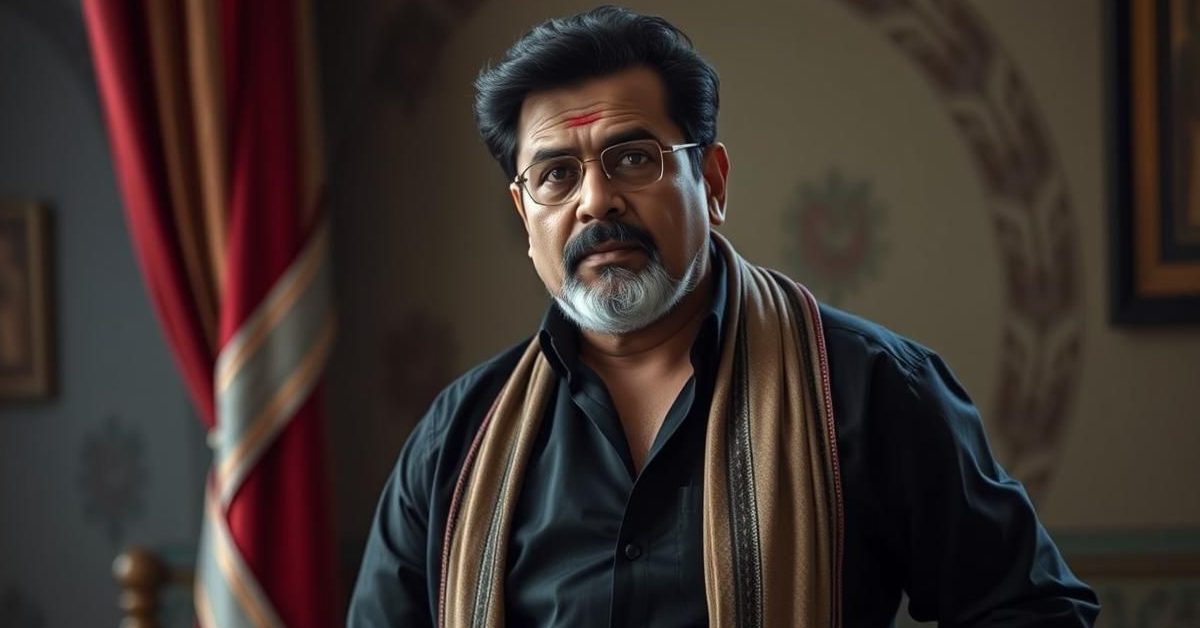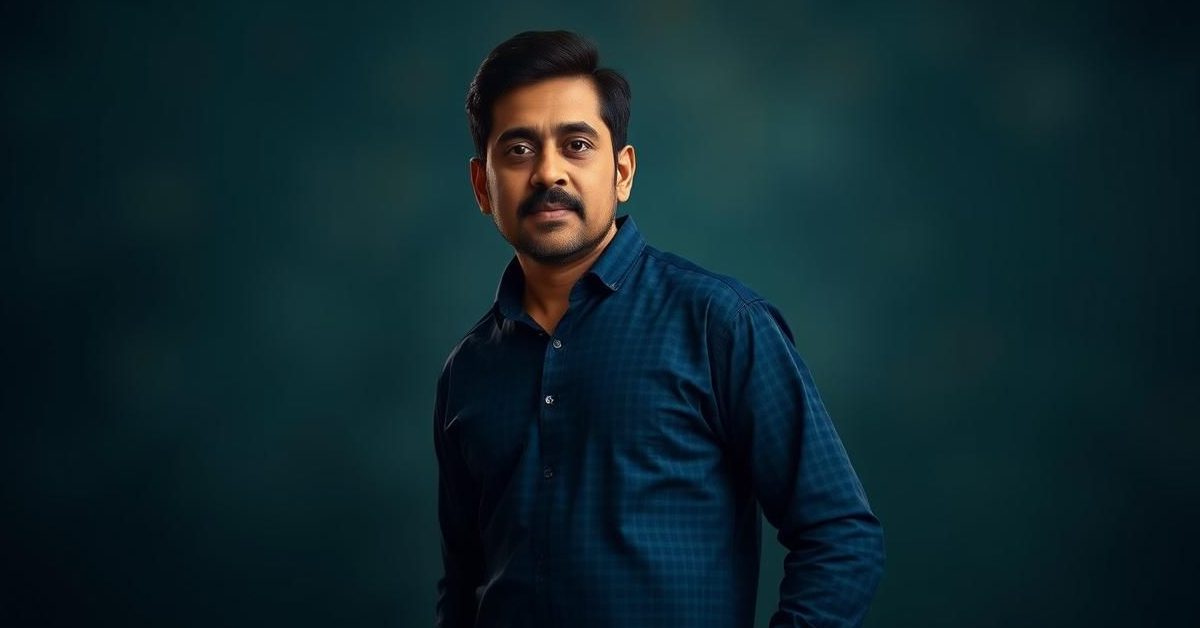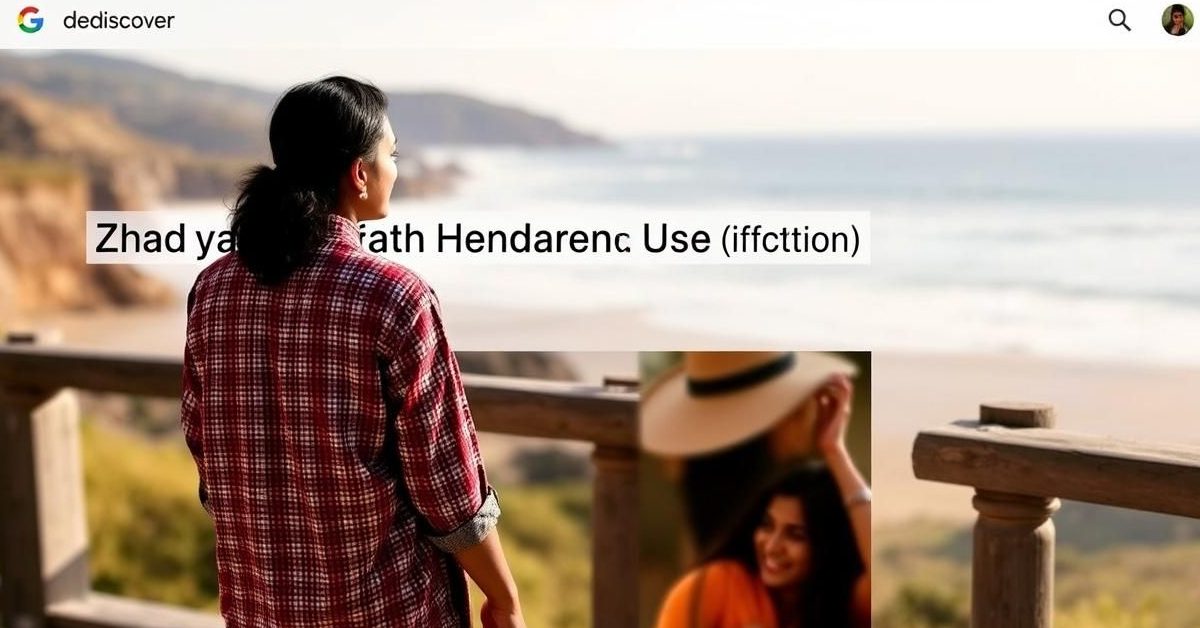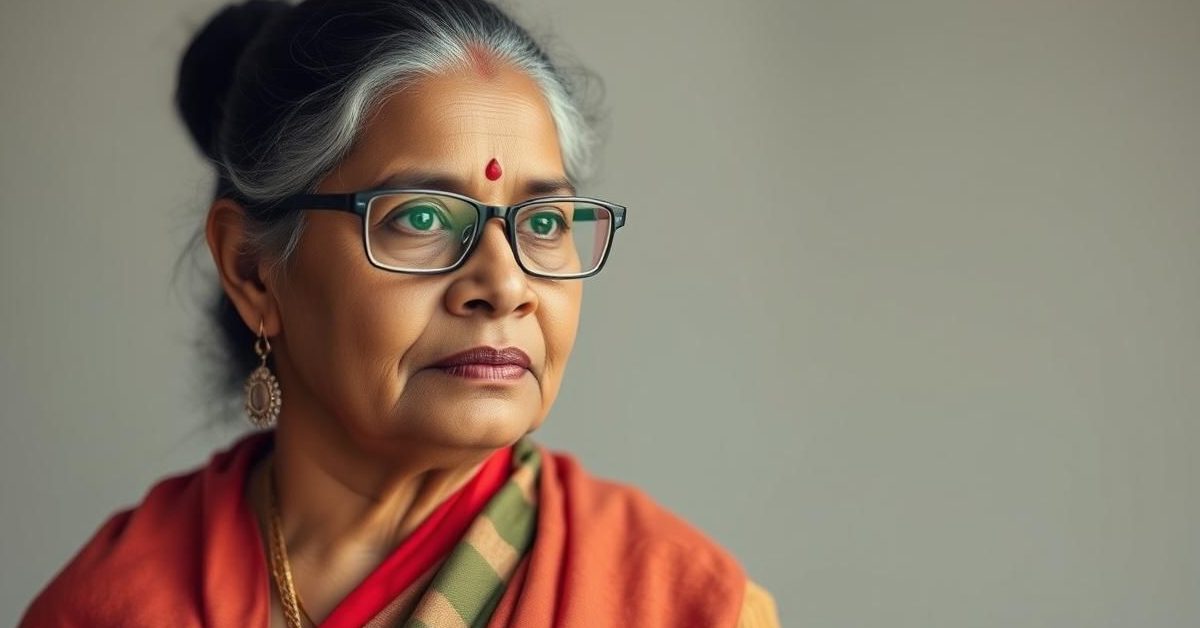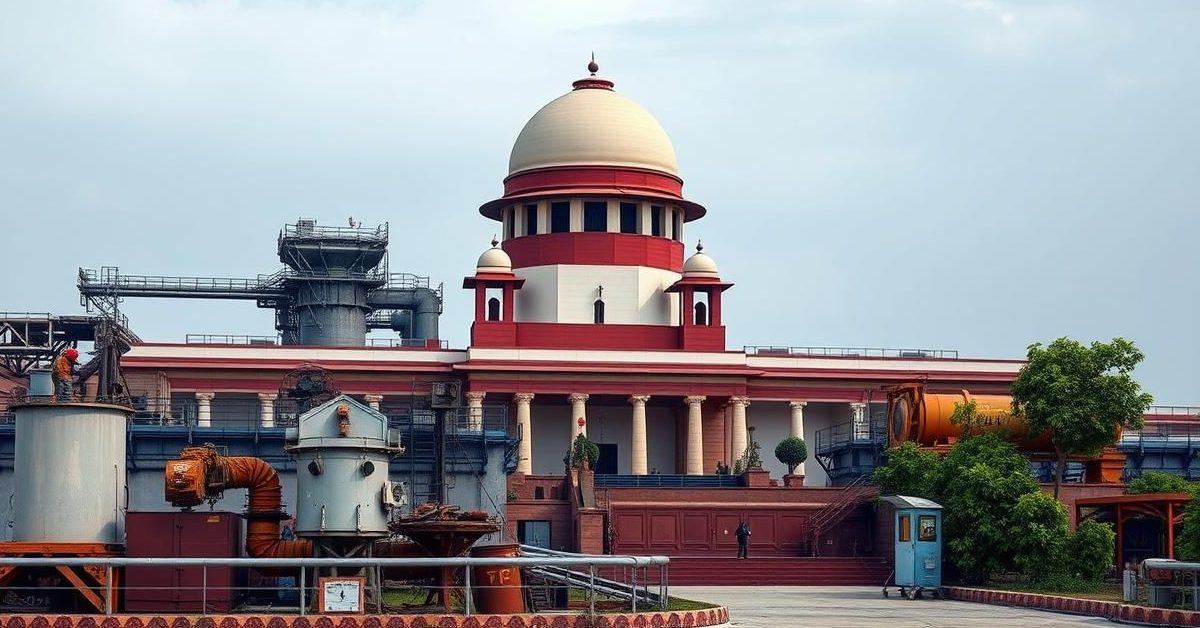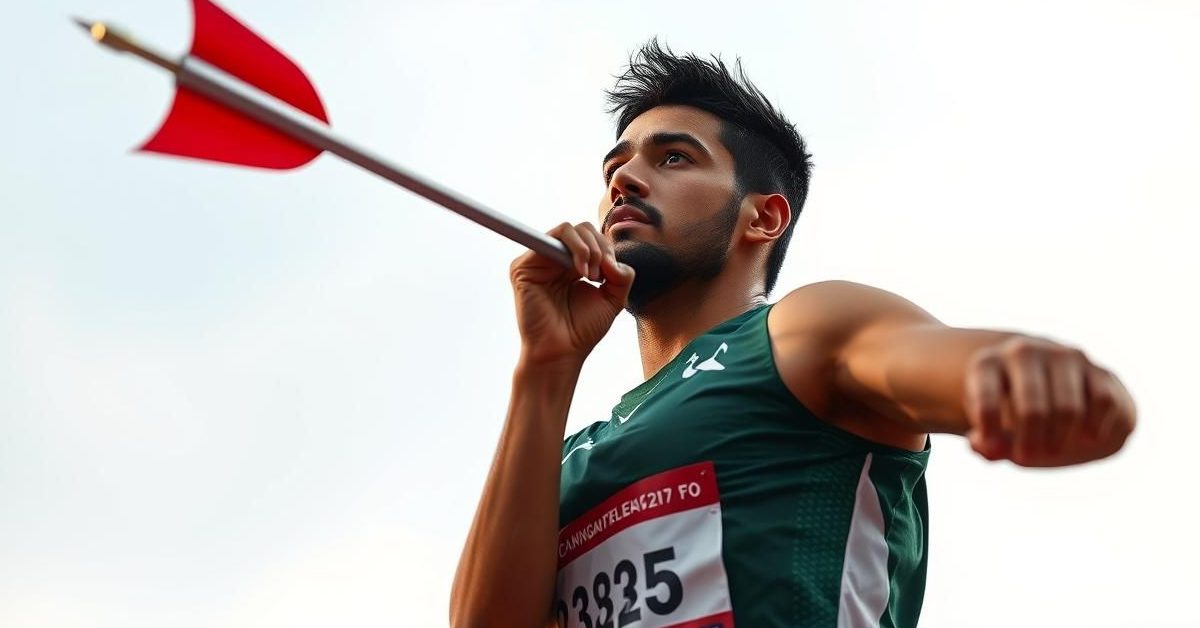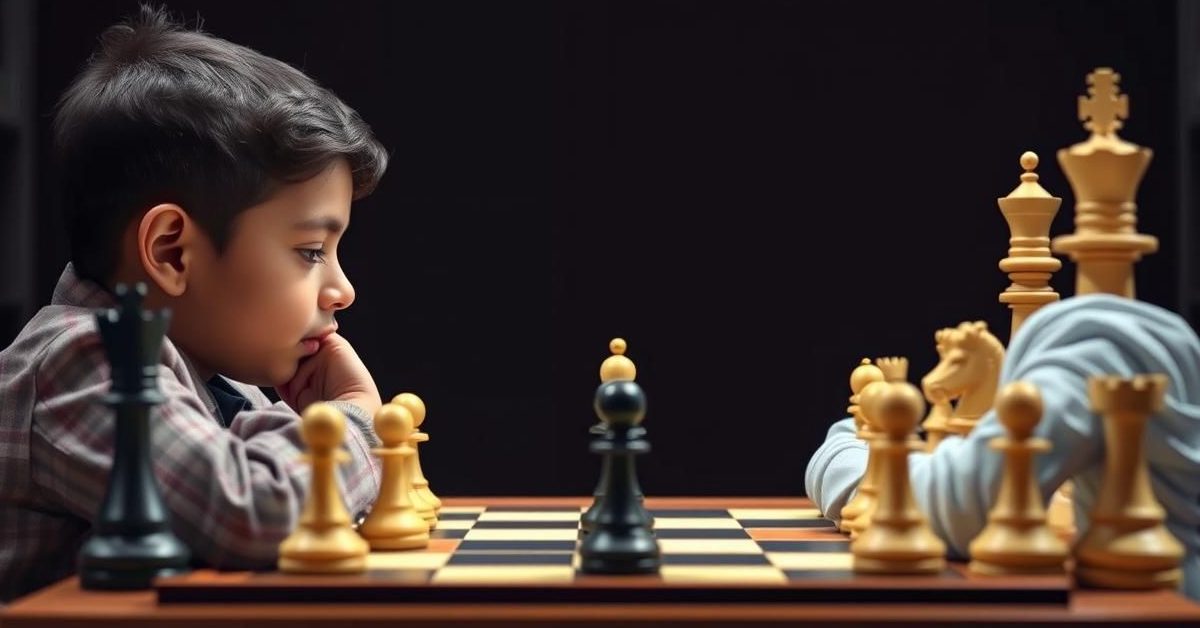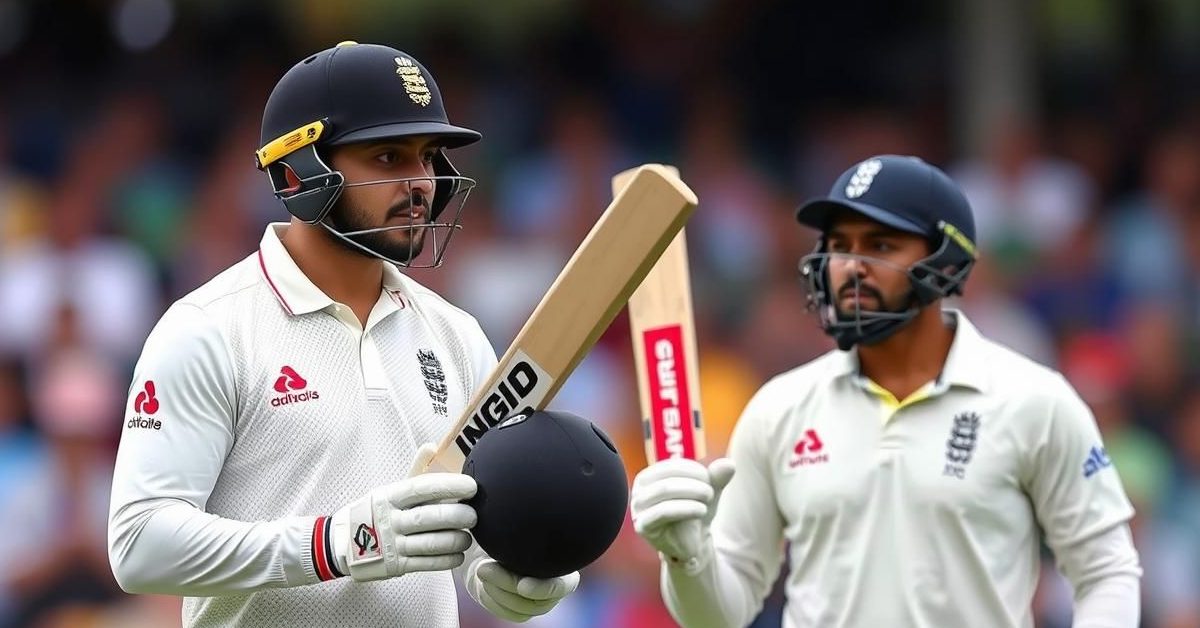Two Decades of ‘Paheli’: Unraveling a Dreamlike Feminist Fable
Twenty years have gracefully passed since the cinematic enigma that is ‘Paheli’ first graced the silver screen, leaving audiences captivated by its unique charm and profound depths. Far from being just another Bollywood romance, this Amol Palekar directorial masterpiece, starring the inimitable Shah Rukh Khan and the luminous Rani Mukerji, has only grown in stature, revealing new layers of meaning with each rewatch. It’s a film that lives up to its name – a ‘Paheli’ in every sense: a riddle, a paradox, and ultimately, a beautiful resolution.
The very title, ‘Paheli’, is deceptively simple yet laden with evocative imagery. It whispers of ancient riddles and hidden truths, hinting at a narrative that transcends the ordinary. It suggests a question posed, a mystery unfolding, and the eventual, satisfying discovery of its answer. In a film steeped in Rajasthani folklore and magic realism, this title serves as the perfect gateway into a world where reality blurs with fantasy, and societal norms are gently, yet firmly, challenged.
Amol Palekar’s Vision: A Canvas of Folklore and Feminism
Director Amol Palekar, known for his distinctive artistic sensibility, breathed life into this captivating tale, drawing inspiration from the renowned short story “Duvidha” by Vijayadan Detha. Palekar’s vision transformed a simple folk narrative into a visually rich and emotionally resonant cinematic experience. He meticulously crafted a world that felt both ancient and timeless, using vibrant colors, intricate set designs, and the sprawling beauty of Rajasthan to create an almost dreamlike atmosphere. His subtle directorial touches allowed the fantastical elements to feel organic, grounding the supernatural within a deeply human narrative of longing and self-discovery.
The film, produced by Red Chillies Entertainment, marked a significant departure from conventional mainstream Bollywood offerings of its time. It dared to ask profound questions about identity, love, and liberation, all wrapped in a visually stunning package. Palekar didn’t just tell a story; he wove a tapestry of emotions, traditions, and quiet rebellion, inviting viewers to ponder the true meaning of companionship and freedom.
Shah Rukh Khan’s Transformative Dual Performance
Shah Rukh Khan, often celebrated for his charismatic romantic hero roles, delivered a performance in ‘Paheli’ that showcased a remarkable range and vulnerability. Playing both the pragmatic, duty-bound husband Kishan and the ethereal, passionate ghost, he seamlessly transitioned between two contrasting personalities. His portrayal of the ghost isn’t menacing, but rather endearing and earnest, brimming with a genuine desire for love and connection. He embodies the longing for an emotional bond that Kishan, caught in the rigid societal structures of his family, cannot provide.
The nuances in his expressions, the subtle shifts in body language, and the emotional depth he brought to the spectral character allowed the audience to suspend their disbelief and truly root for this unconventional love story. It was a testament to his prowess as an actor, proving his ability to transcend typical archetypes and dive into complex, fantastical roles with conviction.
Rani Mukerji’s Lachchi: A Symbol of Female Agency
At the heart of ‘Paheli’ lies Rani Mukerji’s poignant portrayal of Lachchi, a young woman navigating the confines of an arranged marriage and patriarchal expectations. Her journey is the emotional core of the film, as she finds herself trapped in a union devoid of affection and understanding. When the ghost, enamored by her beauty and spirit, assumes her husband’s form, Lachchi faces an extraordinary choice. It is here that the film truly blossoms into a feminist statement.
Lachchi’s decision to embrace the love offered by the ghost, a love that sees and cherishes her as an individual, rather than just a wife fulfilling societal duties, is profoundly empowering. She chooses happiness, emotional fulfillment, and genuine connection over the sterile adherence to tradition. Rani Mukerji imbues Lachchi with a quiet strength, a yearning for self-expression, and a remarkable courage that resonates deeply, making her an enduring symbol of female agency within a seemingly traditional setting.
An Unconventional Love Story That Transcends Boundaries
‘Paheli’ is not merely a love triangle; it’s a profound exploration of what constitutes true love and companionship. It challenges the very definition of a relationship, suggesting that an emotional and spiritual connection can be far more significant than physical presence or societal validation. The film subtly questions the institution of marriage when it lacks genuine affection, proposing that love, even if unconventional, is a powerful force that defies logical boundaries.
The narrative, enriched by the delightful cameos of Juhi Chawla, Suniel Shetty, Rajpal Yadav, and the iconic voice of Amitabh Bachchan as the narrator, weaves a tapestry of fantasy and reality. The musical score by Vishal-Shekhar, with evocative lyrics by Gulzar, particularly the hauntingly beautiful “Dheere Jalna,” further enhances the film’s dreamlike quality, perfectly capturing its essence of longing and tender romance.
A Timeless Tale of Identity and Freedom
Twenty years on, ‘Paheli’ continues to resonate because its themes are timeless. It speaks to the universal human desire for acceptance, love, and the freedom to choose one’s own path. It’s a film that celebrates the spirit of individuality and questions rigid societal constructs with poetic grace rather than overt rebellion. The film’s enduring appeal lies in its ability to marry ancient folklore with strikingly modern ideas about love and identity, all presented with exquisite artistry.
As we reflect on two decades of this enchanting film, ‘Paheli’ remains a sparkling gem in Indian cinema – a beautiful riddle that, even after its resolution, continues to invite contemplation, proving that some stories, like true love, only grow richer with time.
